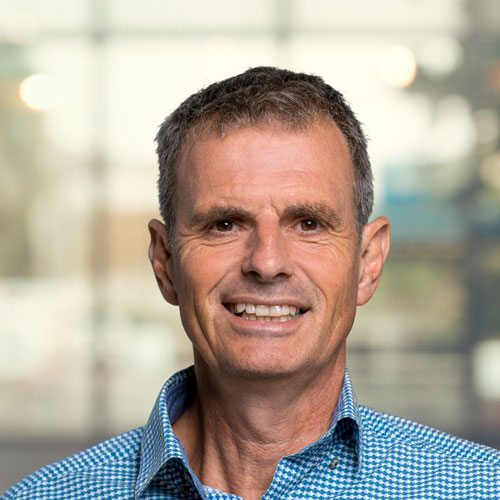A new way of looking at earning capacity: well-being is just as important as wealth
When we hear the words ‘earning capacity’ we tend to think about money, or, in other words, wealth. But what exactly is wealth? To what extent does a strong financial position help a country if this high overall sum has been earned at the expense of other important things? We believe that earning capacity covers more than just economic output and growth. In our view, besides focusing on wealth, at least as much attention should be paid to well-being. We are therefore advocating a new way of looking at ‘earning capacity’ through a new definition of this term.
Earning capacity is the ability to generate structural wealth and well-being, now and over the long term.
Earning capacity: wealth and well-being for the long term
Read our paper on the Netherlands’ new earning capacity
Long-term effects considered in policy goals
There is more to a well-functioning society than simply making money. Social aspects, health, and a good living environment, with a strong focus on nature and the planet, are important too.
In recent years the Dutch have become increasingly aware of this. It is reflected, for example, in the way that the government formulates policy goals. When measures are proposed that could deliver economic growth, greater attention is often now paid to the long-term effects on society. And that’s a good thing.
New definition
At the moment, however, there is still some confusion about the correct interpretation of ‘earning capacity’. All too often the emphasis is still placed on ‘structural and durable economic growth’.
In our view, this definition focusing strongly on GDP (gross domestic product) is rather one-dimensional. We therefore employ the following definition ourselves: ‘Earning capacity is the ability to generate structural wealth and well-being, now and over the long term.’
Getting to grips with complexity
But doesn’t this new, broader definition create more complexity? Indeed it does. And that is entirely in keeping with the modern world, which is changing rapidly and in which we are constantly having to face up to new challenges. To help us get to grips with this complexity, we have written a paper, in which we distinguish between four aspects that form part of ‘the new earning capacity’:
- Production factors present(endowments): the quality and quantity of financial/economic capital, natural capital, human capital and social capital.
- Adaptive capability: the characteristics and capabilities that we need as a country to optimise our earning capacity. Within this context we also talk about dynamic capabilities.
- Use of these different types of capital and this adaptive capability for three activities that contribute to earning capacity: R&D and innovation (1), regeneration of economic activity and structure (2), and education, training and talent development (3).
- Measurable earning-capacity outcomes: translation of the interaction between the above into measurable earning-capacity outcomes.
Identifying promising growth paths
Listing and analysing these various aspects can help us obtain new insights. These insights are needed in turn to identify promising growth paths. Here, of course, we are talking about growth paths that lead to an increase in both wealth and well-being.
Get inspired
Time setter story: Consultant Ilse Hellemans


Reduce Europe’s dependence on Chinese wind power and electrolysers


Research TNO and HCSS: Europe under pressure from Chinese advance in wind and electrolysis technology


Orchestrating Innovation

Mission oriented research and innovation policy









